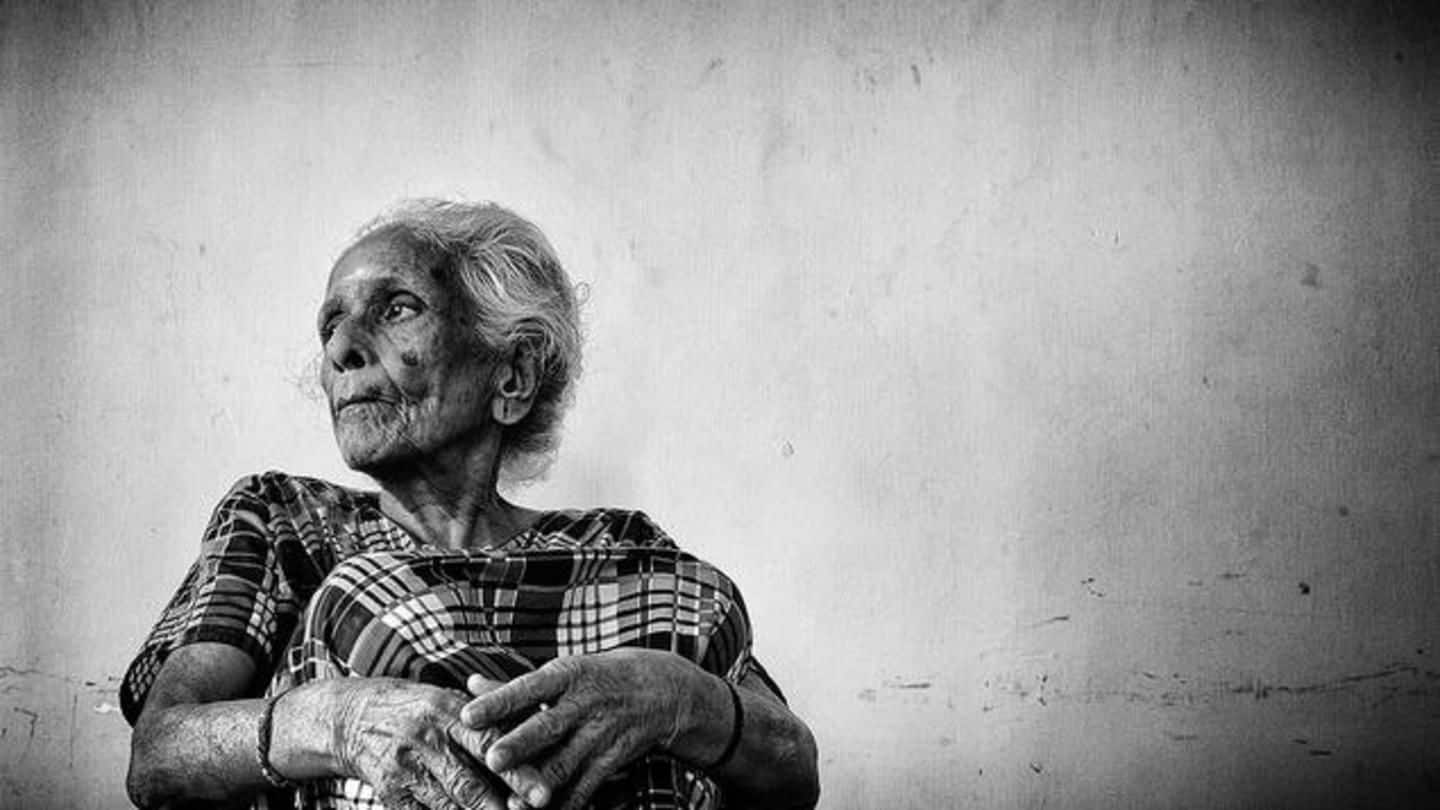
AIIMS starts door-step test, screening facility for elderly
What's the story
In a unique initiative, AIIMS has started a door-step service for the people living in old-age homes in Delhi. Through this service, a mobile van would be deployed that would visit these homes on a daily basis and provide testing and screening facilities of common illnesses on-the-spot. For now the services will be limited to some identified homes, but may expand further, said officials.
Information
Project started because elderly 'don't have physical strength to wait'
The geriatric (specialty that focuses on elderly health care) division of the hospital has started this project, because the elderly "don't have an attendant or the physical strength to wait for the doctor in crowded OPDs," said Dr Vijay Gurjar, one of the involved officials.
Details
Mobile van will be equipped with basic testing, screening equipment
Elaborating on the mobile van, Gurjar said it will be equipped with basic equipment for laboratory tests, medicines and physiotherapy. Common ailments like hypertension and diabetes will be covered under this scheme since these don't really require specialized machinery. Gurjar said the basic aim of this project is to improve the health of those people who are living in the old-age homes.
Past event
Not the first time AIIMS doing something for elderly
This isn't the first time AIIMS is doing something for the society's most neglected section: the elderly, especially those who live in old-age homes. Last year, in association with an NGO, AIIMS had planned to adopt and give medical care to 50 economically and physically challenged elderly people, living in such homes. This was started after a study done by the hospital's geriatric department.
Findings
80% old-age home residents have no healthcare facility: Report
The study found that 80% of residents in homes that are specially run by NGOs didn't have any health facility. Around 5,200 oldies were interviewed for the survey, including those living in 20 old-age homes. Due to absence of healthcare and companionship, many were suffering from multiple problems like depression, diabetes, hypertension and coronary artery disease, all of which require long-term medication and care.